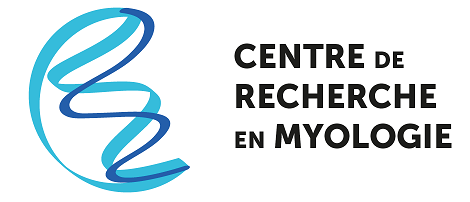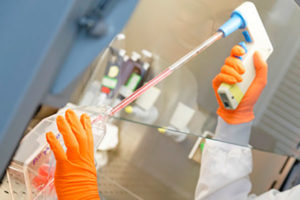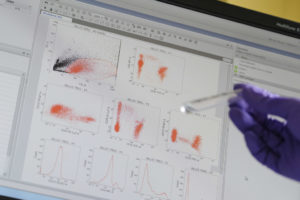A venir
No events are found.
Archives
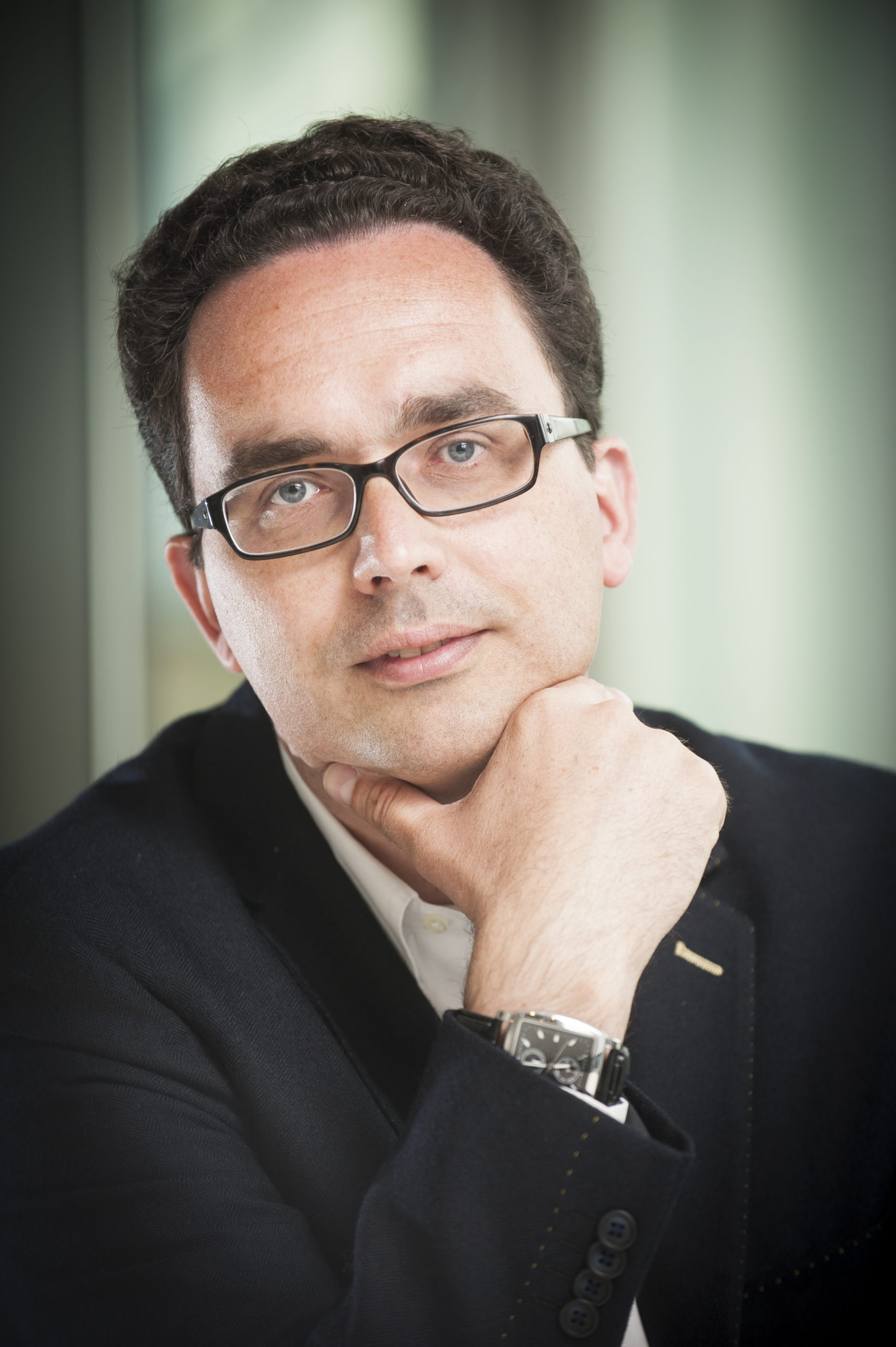
Register by email.
Facioscapulohumeral muscular dystrophy: a monogenic disease with marked clinical, genetic and nuclear heterogeneity
Silvère M van der Maarel, PHD
Professor of Medical Epigenetics
Chair Department of Human Genetics
Board Member Division 4
Leiden University Medical Center
Read more about the Silvère M van der Maarel
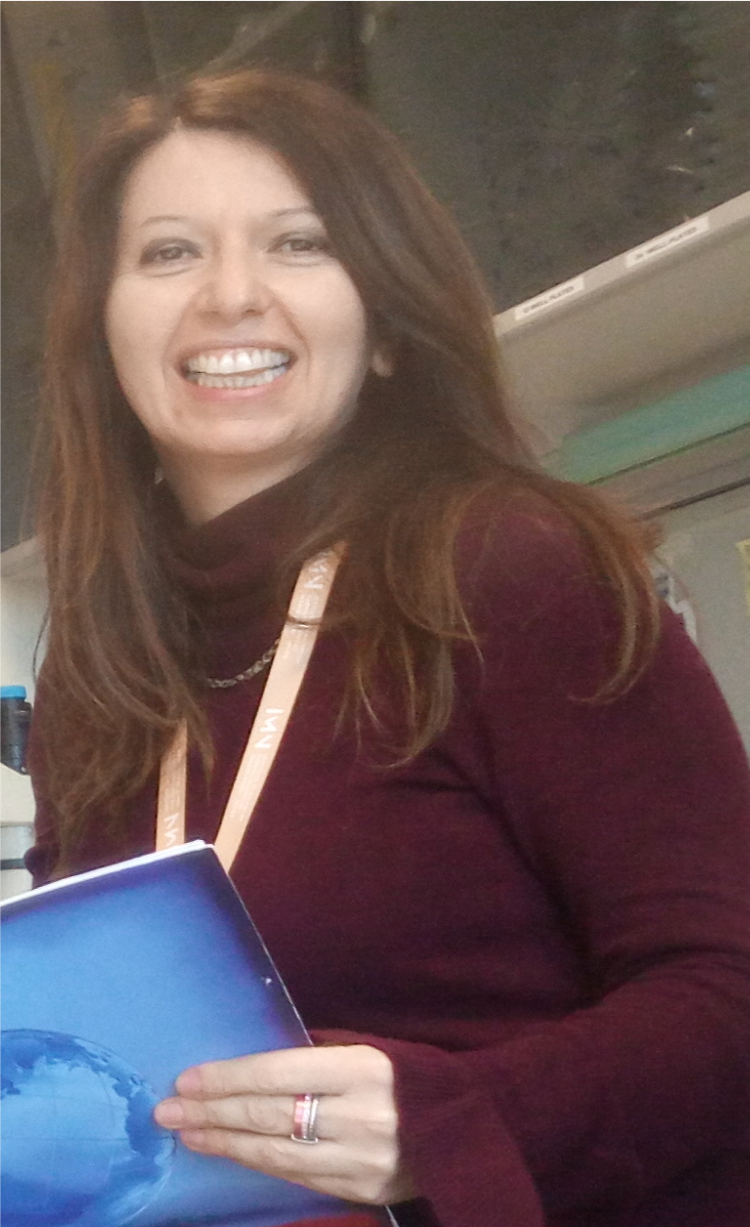
Exercise-induced myokines against muscle wasting during cancer
Rosanna Piccirillo
Head of the « Neuromuscular Dysfunctions Unit » at Mario Negri Institute for Pharmacological Research IRCCS in Milan (IRFMN), Department of Neurosciences
Read more information on Rosanna Piccirillo’s CV.
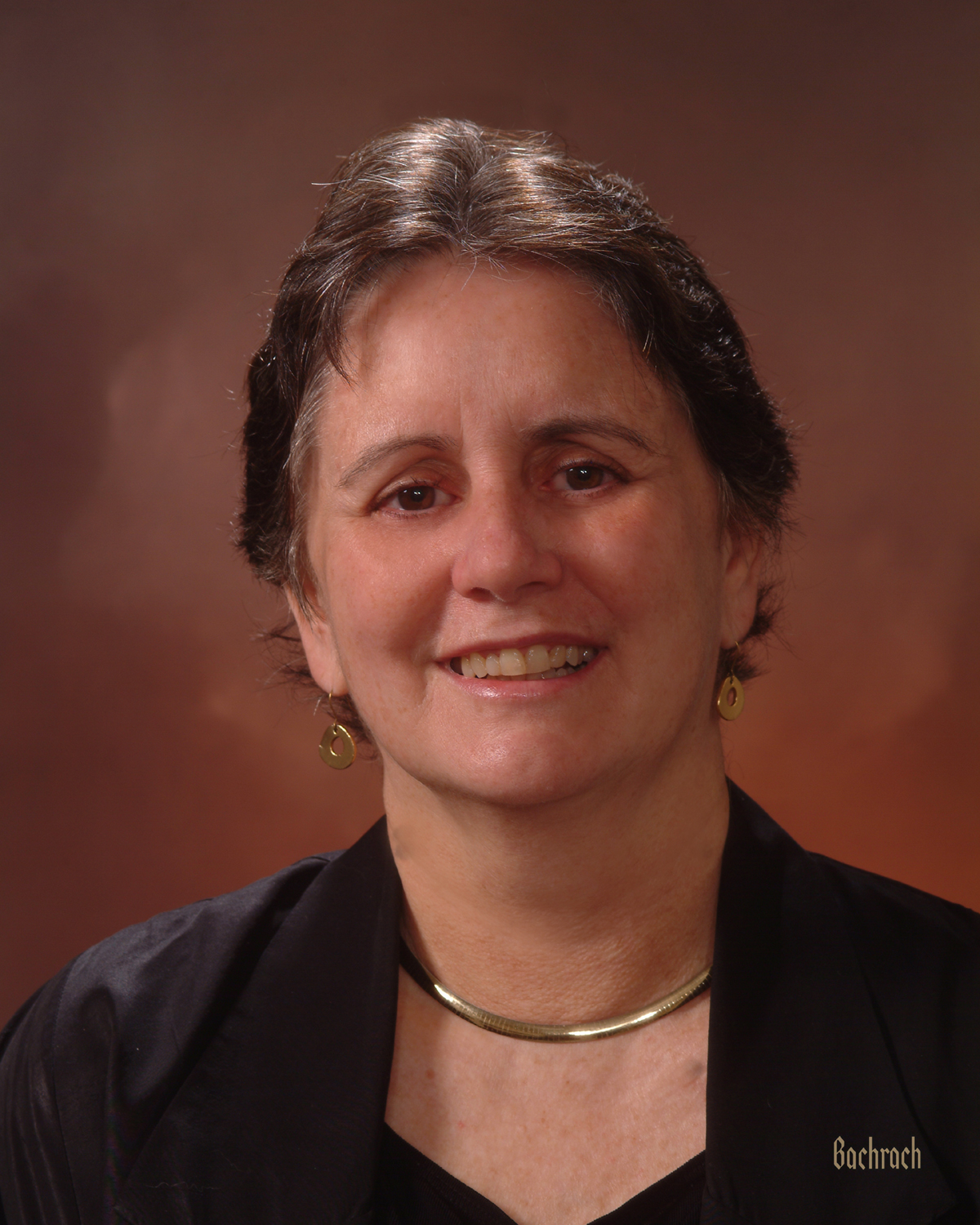
The dynamic roles of regulatory T cells in murine skeletal muscle regeneration
Diane Mathis
Professor of Immunobiology at Harvard Medical School and holder of the Morton Grove-Rasmussen chair of Immunohematology.
American National Academy of Sciences
German National Academy of Sciences
American Academy of Arts and Sciences
More information on Diane Mathis’CV.
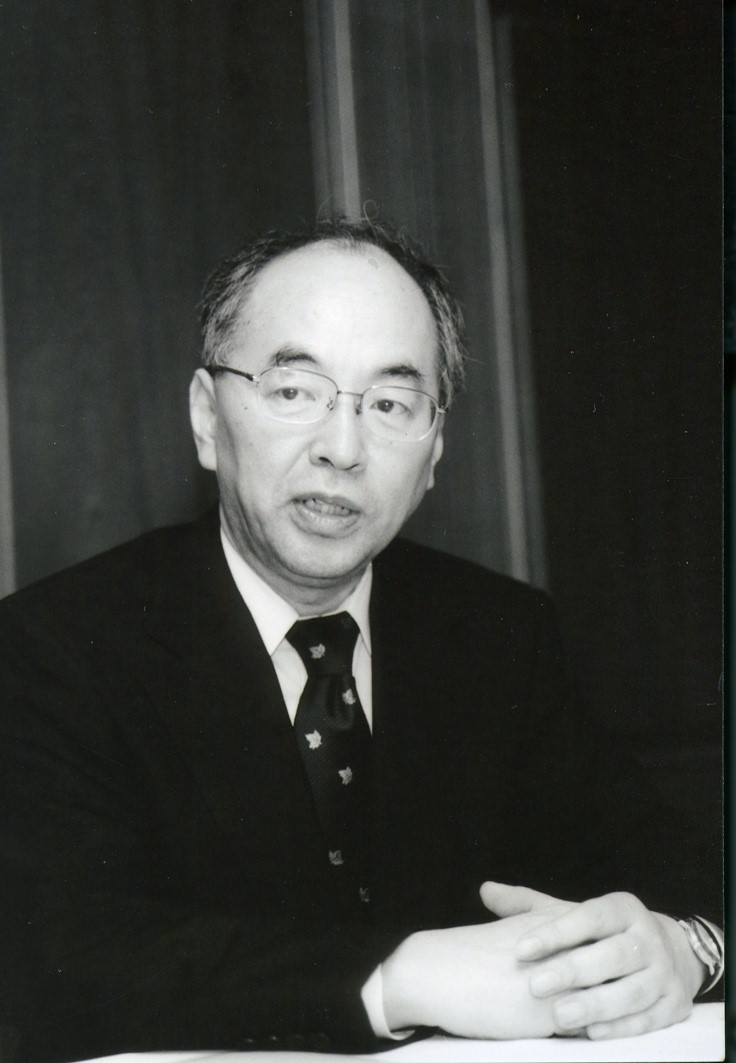
Muscle stem cells and regenerative medicine
Shin’ichi Takeda
Director General Emeritus of Department Molecular Therapy, National Institute of Neuroscience.
National Centre of Neurology and Psychiatry.
Guest Professor in Tokushima University.
More information on Shin’Ichi Takeda’s biosktech.
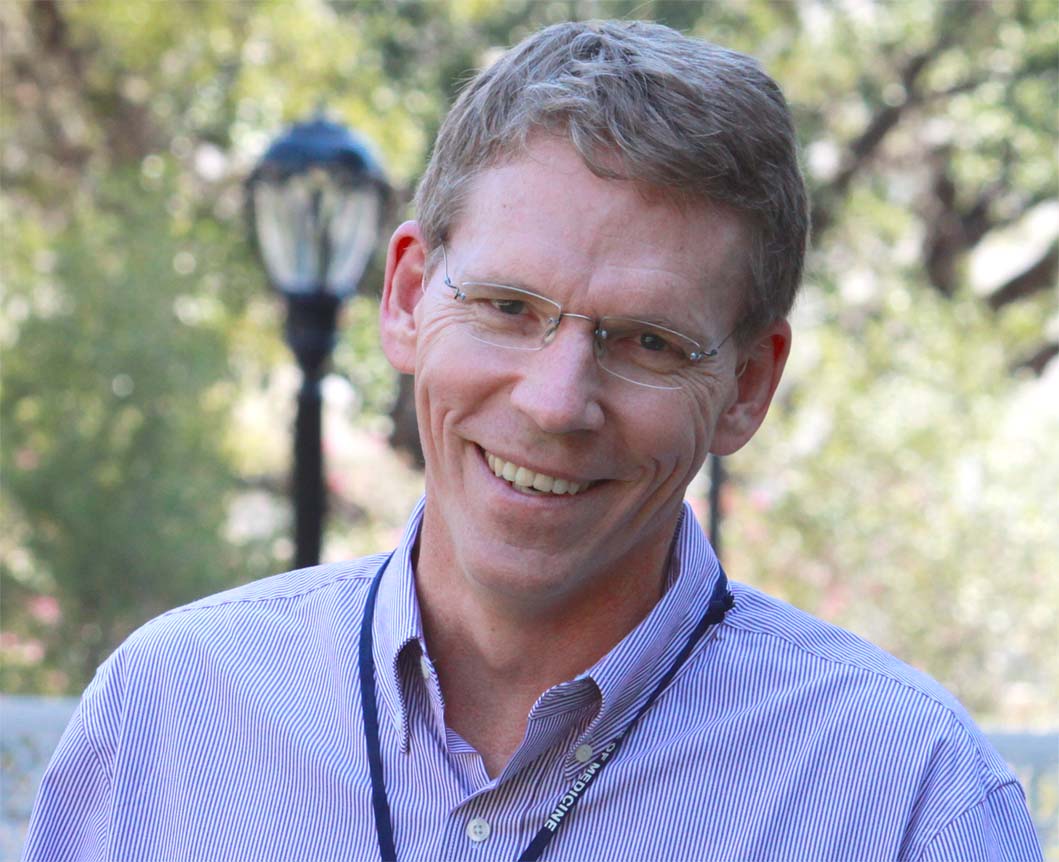
Mechanistic insights from modeling cardiac features of Myotonic Dystrophy, Type 1 in mice
Tom Cooper
Professor, Baylor College of Medicine, Houston, Texas, USA, Pathology and Immunology – Molecular and Cellular Biology – Molecular Physiology and Biophysics
R. Clarence and Irene H. Fulbright Chair in Pathology
S. Donald Greenberg Chair in Pathology
Myotonic dystrophy type 1 (DM1) is an autosomal dominant multisystemic disease caused by a CTG microsatellite repeat expansion in the DMPK gene, leading to the expression of pathogenic expanded CUG-repeat (CUGexp) containing RNA. The toxic CUGexp RNA causes disease by disrupting the activities of RNA binding proteins that regulate postnatal RNA processing ultimately resulting in expression of fetal protein isoforms of a subset of genes in adult tissues. Cardiac involvement affects 50% of individuals with DM1 primarily due to conduction abnormalities and arrhythmias causing 25% of disease-related deaths. We developed a transgenic mouse model for tetracycline-inducible and heart-specific expression of human DMPK mRNA containing 960 CUG repeats. CUGexp RNA is expressed in atria and ventricles and induced mice exhibit electrophysiological and molecular features of DM1 disease including cardiac conduction delays, spontaneous and inducible supraventricular arrhythmias, nuclear RNA foci with colocalization of the muscleblind RNA binding protein and alternative splicing defects. Importantly, both electrophysiological and molecular features were reversible upon loss of CUGexp RNA expression. The results identify potential mechanisms contributing to cardiac pathogenesis and demonstrate the utility of a reversible cardiac DM1 mouse model to facilitate development of targeted therapeutic approaches.
More information on Tom Cooper Lab’s webpage
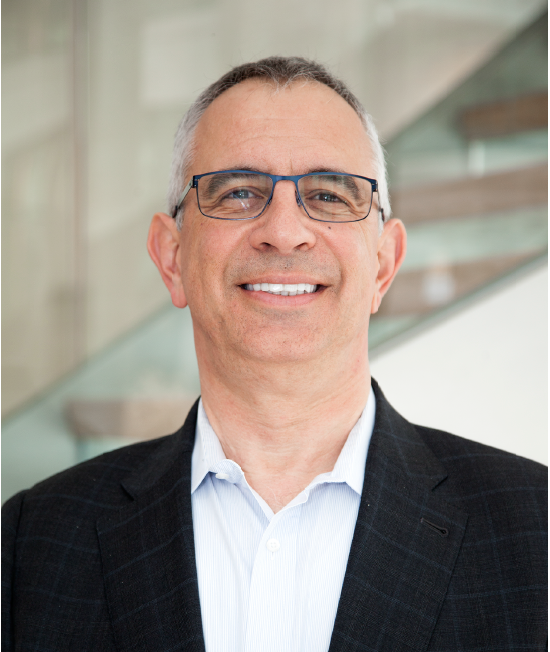
Register by email.
Leave the guns, take the cannoli: What bimagrumab tells us about the myostatin pathway in humans
Ronenn Roubenoff
Global Head Translational Medicine Discovery & Profiling
Global Head, Musculoskeletal Translational Medicine
Novartis Institutes for Biomedical Research
Dr. Roubenoff received his MD from Northwestern University and trained in Internal Medicine and Rheumatology at the Johns Hopkins Hospital, where he was Chief Resident in Medicine. He completed concurrent fellowships in Rheumatology and in Clinical Epidemiology at Johns Hopkins, receiving a Master of Health Science degree. He then trained in Nutrition at Tufts University with Irwin Rosenberg, MD, and in Immunology with Charles Dinarello, MD. He was Chief of the Nutrition, Exercise Physiology, and Sarcopenia (NEPS) Laboratory, and Director of Human Studies at the Jean Mayer USDA Human Nutrition Research Center on Aging at Tufts University, where he is currently Adjunct Professor of Medicine and Nutrition. Subsequently, Dr. Roubenoff became Sr. Director of Molecular Medicine at Millennium Pharmaceuticals and then Sr. Director, Immunology Research and Development, at Biogen Idec, where he led the Translational Medicine and Early Development efforts for the Immunology group. In 2009, Dr. Roubenoff was appointed Global Head of Musculoskeletal Translational Medicine at Novartis Institutes for Biomedical Research (NIBR), heading early clinical development for musculoskeletal and mobility disorders. In 2019 he was appointed Global Head of Translational Medicine Discovery & Profiling at NIBR.
Dr. Roubenoff has done pioneering work on the interactions of nutrition, exercise and hormonal and immune regulators of metabolism in aging and chronic disease, including rheumatoid arthritis, osteoarthritis, and HIV infection. He is an internationally recognized authority on sarcopenia, aging, translational medicine, and the use of biomarkers in drug development. He has published over 270 papers in the medical literature as well as writing for lay audiences. He is co-author of a New York Times Bestselling book on exercise and nutrition treatment of arthritis. Dr. Roubenoff has served on many NIH study sections, WHO committees, American Society for Nutrition Committees, Animal Care and Use and Institutional Review Committees, and as a reviewer for journals, foundations, and charities. He has won multiple awards, including membership in the Alpha Omega Alpha and Delta Omega honor societies; Fellow of the American College of Physicians and the American College of Rheumatology; the Robert H. Herman Memorial Award of the American Society for Nutrition; the American College of Rheumatology Senior Scholar Award; Tufts University Distinguished Faculty Award; Teacher of the Year at Johns Hopkins Medical School; and the Oliver Smith Award for Extraordinary Service and Caring at Tufts Medical Center.
More information on his biosketch.
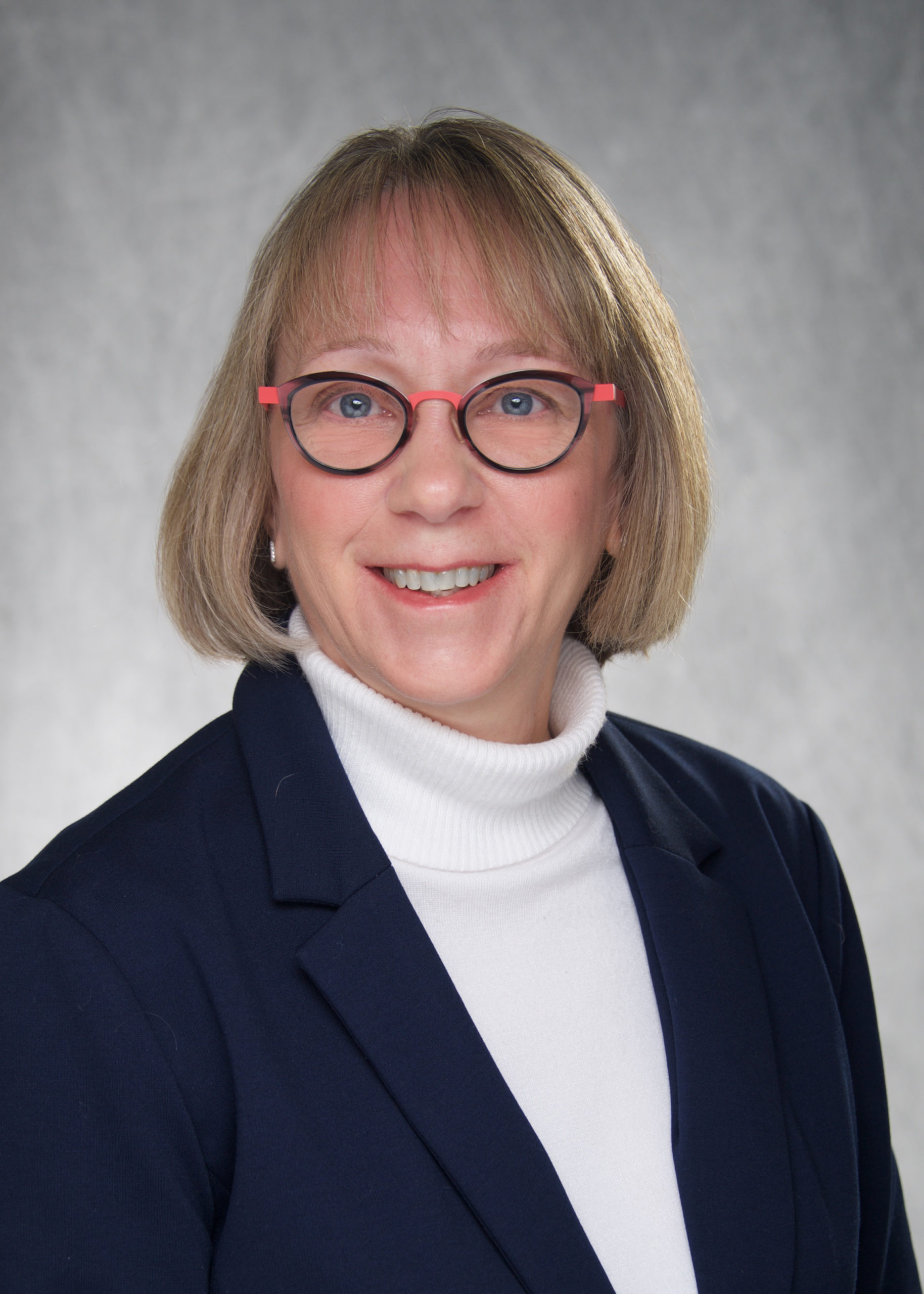
Register by email.
Zoom link: https://us02web.zoom.us/j/83225875612
Nuclear membrane myopathies: Defective boundaries
Lori L Wallrath
Professor of Biochemistry, University of Iowa Healthcare
More information on Lori L Wallrath and on her laboratory
Please read her biosketch.
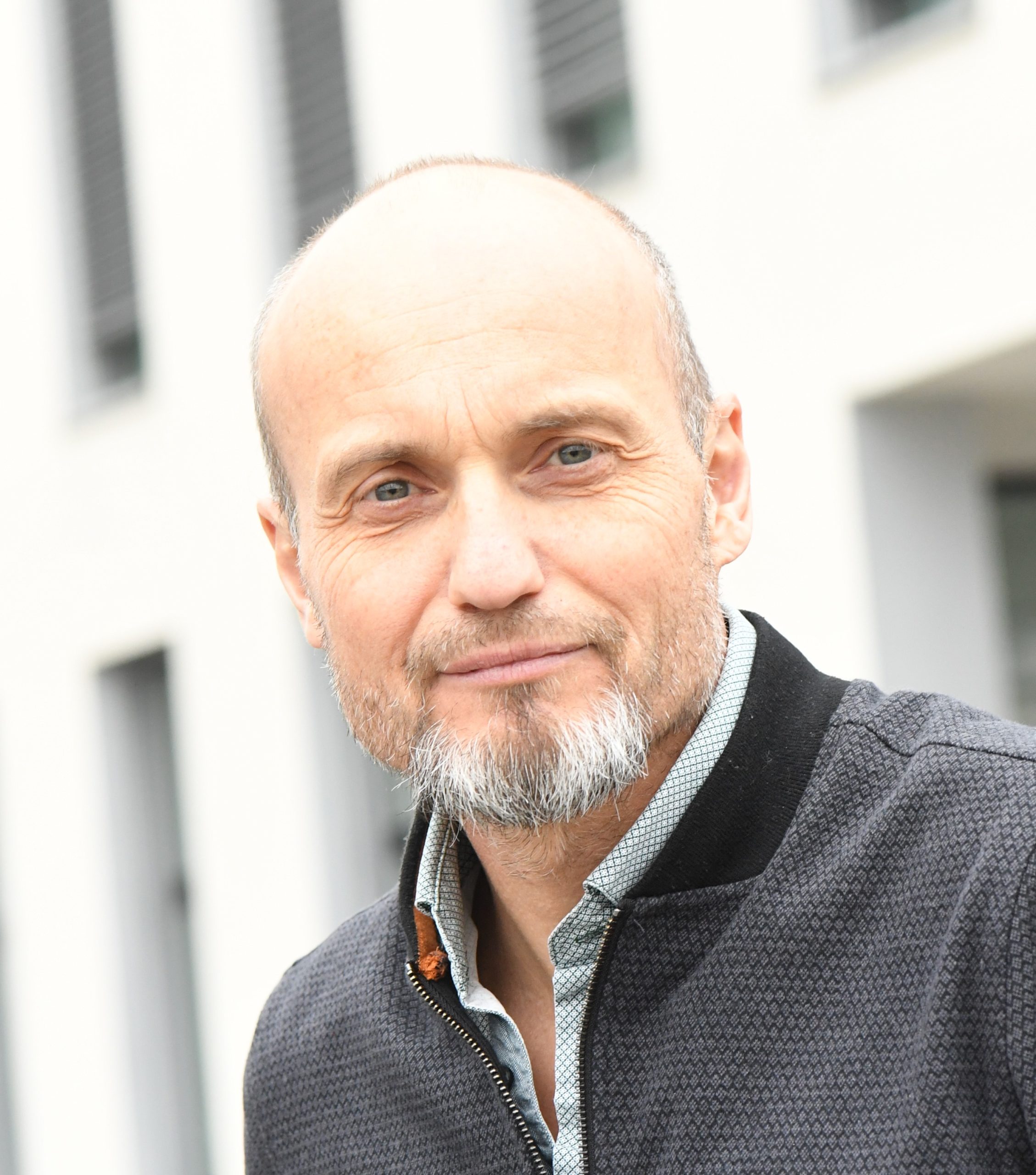
Measuring fatigability in clinical populations: is it relevant?
Guillaume Millet
Professor at Jean Monnet University (Saint-Etienne, France)
Leader of the ActiFS academic chair
Senior member of the Institut Universitaire de France 2019
Director of the inter-university Laboratory of Human Movement Biology in 2020
More info on Guillaume Millet’s
Website
Lab website
Twitter @kinesiologui
Summary
This seminar will start by a presentation of some recent methodological development that aims at measuring neuromuscular (NM) fatigue in clinical populations, e.g. an innovative ergometer that can switch from cycling to isometric mode within 1 s or the relevance of assessing NM fatigue in dynamic mode. Throughout examples in multiple sclerosis, cancer and Covid-19 patients, the main part of this talk will be dedicated to the discussion of the potential link between a deteriorated resistance to NM fatigue due to exercise and the subjective feeling of chronic fatigue in patients. We will conclude by showing that there is a need for tailoring training interventions to fatigue etiology (NM fatigue resistance, sleep disorders, inflammation, cardiorespiratory fitness, etc.), which further emphasizes the importance of properly determining the causes of fatigue.
Biosketch
Dr. Guillaume Millet received his PhD in Sport Sciences in 1997 and has since held various academic positions in France, including a 4-year full-time research contract at INSERM. In 2013, he moved to the University of Calgary within the Faculty of Kinesiology, where he directed a research team of ~15 trainees, the Neuromuscular Fatigue Lab. Back to France in 2018, he is now a Professor at Jean Monnet University in Saint-Etienne where he leads the ActiFS (Physical Activity, Fatigue, Health) academic chair. Dr Millet was named at the Institut Universitaire de France as a Senior member in 2019 and director of the inter-university Laboratory of Human Movement Biology (110 members) in 2020. His general research area investigates the physiological, neurophysiological and biomechanical factors associated with fatigue, both in extreme exercise and in patients (neuromuscular diseases, cancer, ICU). His research focuses on understanding fatigue in order to create tailored rehabilitation programs for clinical populations in order to enhance patients’ quality of life.
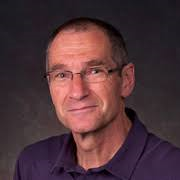
The forgotten filament: titin’s contribution to active force production in skeletal muscle
Walter Herzog
Professor, Faculty of Kinesiology and Department of Mechanical and Manufacturing Engineering, University of Calgary
Adjunct Professor, Department of Surgery and Faculty of Veterinary Medicine, University of Calgary
Director, Human Performance Lab
Tier I Canada Research Chair for Cellular and Molecular Biomechanics
Dr. Herzog did his undergraduate training in Physical Education at the Federal Technical Institute in Zurich, Switzerland (1979), completed his doctoral research in Biomechanics at the University of Iowa (USA) in 1985, and completed postdoctoral fellowships in Neuroscience and Biomechanics in Calgary, Canada in 1987. Currently, Dr. Herzog is a Professor of Biomechanics with appointments in Kinesiology, Medicine, Engineering, and Veterinary Medicine, holds the Canada Research Chair for Cellular and Molecular Biomechanics, and is appointed the Killam Memorial Chair for Inter-Disciplinary Research at the University of Calgary. His research interests are in musculoskeletal biomechanics with emphasis on mechanisms of muscle contraction focusing on the role of the structural protein titin, and the biomechanics of joints focusing on mechanisms of onset and progression of osteoarthritis. Dr. Herzog is the recipient of the Borelli Award from the American Society of Biomechanics, the Career Award from the Canadian Society for Biomechanics, the Dyson Award from the International Society of Biomechanics in Sports, and the Muybridge Award from the International Society of Biomechanics. He is the past president of the International, American and Canadian Societies for Biomechanics. He was inducted into the Royal Society of Canada in 2013, and was awarded the Killam Prize in Engineering (2018) from the Canada Council for the Arts for his contributions to Biomedical research.
More information on Walter Herzog’s webpage
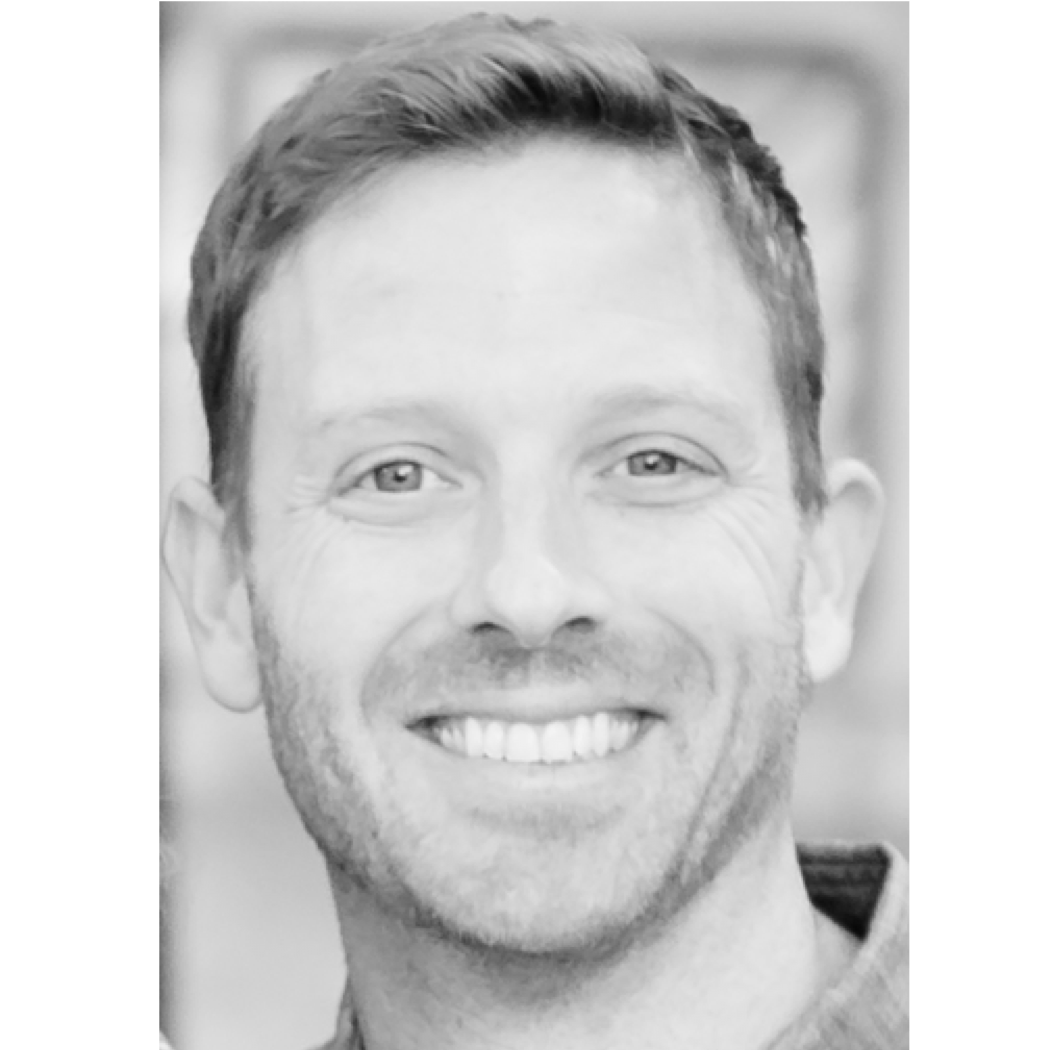
Microtubules in Cardiac Mechanics and Growth
Benjamin Prosser
Assistant Professor of Physiology, Perelman School of Medicine
In heart muscle cells, the interaction of sarcomeric actin and myosin provides the force required for the heart to beat, and as such has been extensively well-studied. Our lab, however, has focused on the much less well-studied non-sarcomeric cytoskeleton – specifically the microtubule network – as a key contributor to cardiomyocyte mechanics and mechanobiology. In 2016, we identified novel load-bearing behavior of the microtubule network in beating cardiomyocytes, and identified post-translational microtubule detyrosination as a key regulator of the mechanical properties of heart cells (Robison et al., Science 2016). In 2018, we found that suppressing detyrosination can lower stiffness and robustly improve contractile function in cardiomyocytes from patients with heart failure (Chen et al., Nature Medicine 2018). More recently, we have homed in on a therapeutic target and patient population, first by identifying that detyrosinated microtubules contribute to diastolic dysfunction in human heart tissue (Caporizzo et al., Circulation 2020), and second by genetically silencing the detyrosinating enzyme VASH1 to restore diastolic function in this context (Chen and Salomon, Circulation Research 2020). While we are keen to pursue these translational goals, we are also still fascinated by the fundamental mechanisms by which microtubules contribute to cardiomyocyte homeostasis and growth. Our latest work (Scarborough and Uchida, Nature Communication 2021) identifies an essential role of microtubules in cardiac hypertrophy, as microtubules orchestrate the spatial positioning of new protein synthesis to allow heart cells to grow at the appropriate place and time. In sum, the work has identified cardiomyocyte microtubules as key regulators of cardiac growth and mechanics, and illustrates the potential for targeting microtubules as a new therapeutic strategy for the treatment of heart failure.
More information on Benjamin Prosser lab’s webpage and on his biosketch.
